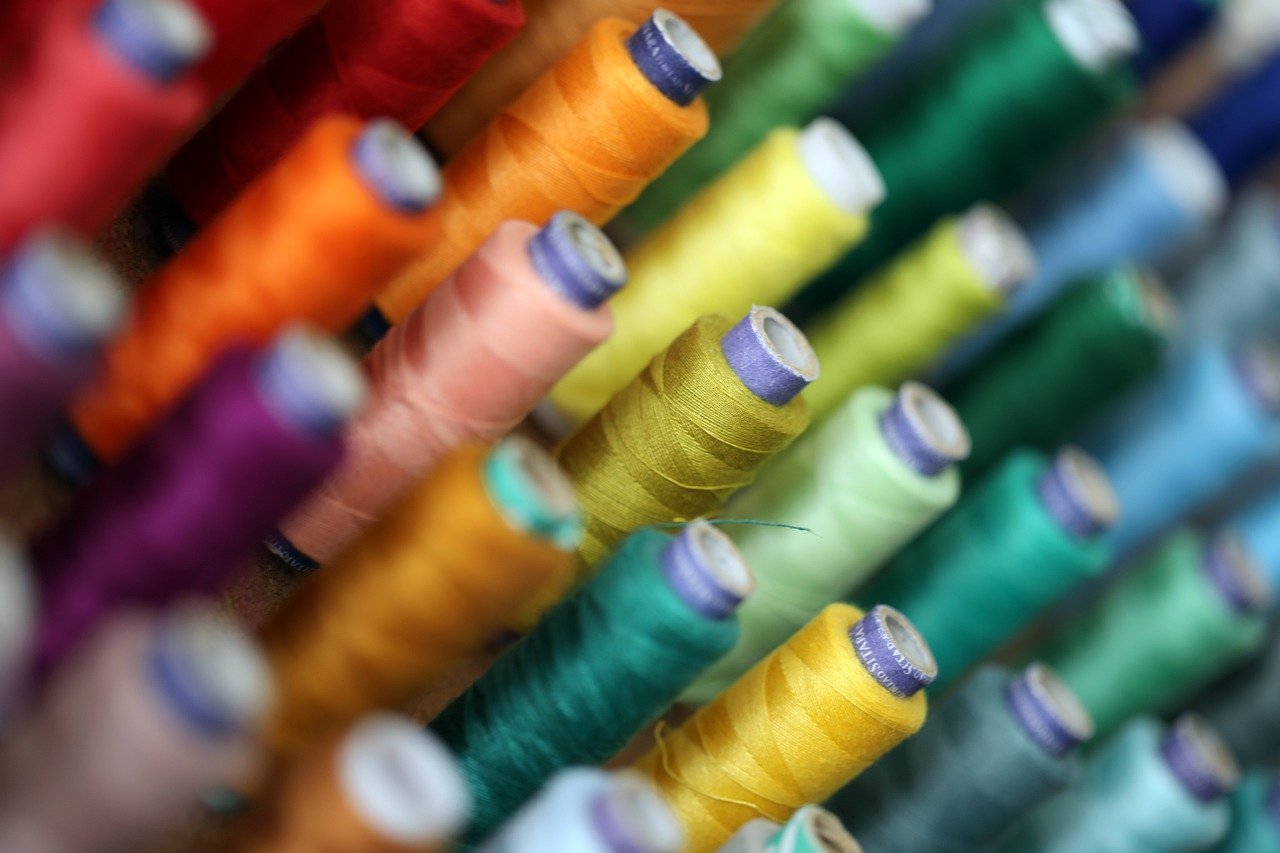Fashion and Conscious Consumerism: Encouraging Mindful Shopping Habits
Fast fashion, characterized by its quick production cycles and affordable prices, has led to a disastrous environmental impact. The mass production of clothing results in a significant amount of waste, with textile dyeing and treatment being one of the largest contributors to water pollution globally. Additionally, the production of synthetic fibers for fast fashion releases microplastics into the environment, further exacerbating the issue of plastic pollution.
Moreover, the transportation of clothing materials and products across the globe for fast fashion brands leads to a substantial carbon footprint. The constant demand for new trends and styles drives the need for increased production, which in turn requires vast amounts of energy and resources. This unsustainable model of fast fashion is taking a toll on our planet’s ecosystems and natural resources, emphasizing the urgent need for a shift towards more sustainable and ethical practices in the fashion industry.
Understanding the True Cost of Cheap Clothing
Fast fashion has revolutionized the clothing industry, providing consumers with trendy and inexpensive clothing options. However, behind the allure of cheap clothing lies a darker reality that often goes unnoticed. The true cost of cheap clothing extends far beyond the price tag, impacting both the environment and the workers involved in the production process.
Mass production techniques employed by fast fashion brands contribute significantly to environmental degradation. From excessive water usage in the production of textiles to the release of harmful chemicals into water sources, the environmental footprint of fast fashion is undeniable. Additionally, the pressure to continuously produce new styles at a rapid pace leads to overconsumption and generates massive amounts of textile waste that ends up in landfills, further exacerbating the environmental impact of cheap clothing.
Benefits of Supporting Sustainable and Ethical Fashion Brands
Supporting sustainable and ethical fashion brands not only allows you to make a positive impact on the environment but also on the lives of those involved in the fashion industry. By choosing clothing made with environmentally friendly materials and ethical production practices, you are contributing to the reduction of harmful chemicals in our waterways and supporting fair wages and safe working conditions for garment workers. This conscious choice promotes a more sustainable future for the fashion industry, where both people and the planet are prioritized.
Furthermore, opting for sustainable and ethical fashion brands encourages transparency and accountability within the fashion supply chain. These brands are often more vocal about their sourcing methods and production processes, allowing consumers to make informed decisions about the clothes they purchase. By supporting companies that prioritize transparency, you are promoting a culture of responsibility and pushing the industry towards greater ethical standards.
• Supporting sustainable and ethical fashion brands reduces harmful chemicals in waterways
• Supports fair wages and safe working conditions for garment workers
• Promotes a more sustainable future for the fashion industry
• Encourages transparency and accountability within the fashion supply chain
• Allows consumers to make informed decisions about their purchases
• Pushes the industry towards greater ethical standards
What is fast fashion and how does it impact the environment?
Fast fashion refers to the quick turnover of inexpensive clothing collections inspired by the latest trends. This industry contributes to environmental degradation through excessive water consumption, pollution, and waste generation.
Why is it important to understand the true cost of cheap clothing?
Understanding the true cost of cheap clothing helps consumers make informed decisions about their purchases. It sheds light on the exploitation of labor, unsustainable production practices, and negative impact on the environment associated with fast fashion.
What are some benefits of supporting sustainable and ethical fashion brands?
Supporting sustainable and ethical fashion brands promotes fair labor practices, reduces environmental harm, encourages innovation in eco-friendly materials and production methods, and helps build a more transparent and responsible fashion industry.







